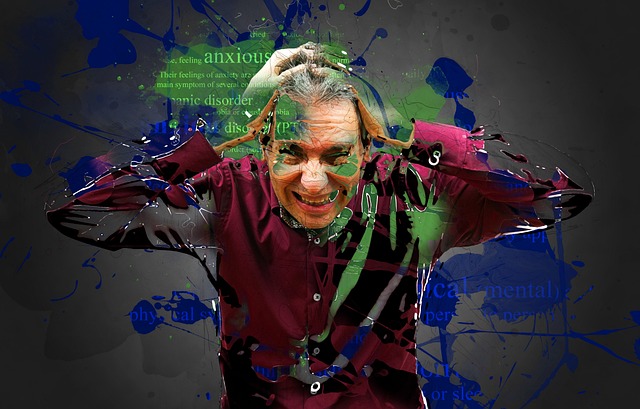Introduction
Experiencing intense feelings of fear or apprehension can be overwhelming and confusing. It’s important to differentiate between panic attacks and anxiety attacks, as understanding the distinctions can be crucial in seeking the right support and treatment. In this article, we’ll explore the step-by-step differences between panic attacks and anxiety attacks to provide clarity and guidance for those who may be struggling.
Definitions
Panic Attack: A panic attack is a sudden onset of intense fear or discomfort that peaks within minutes. It is characterized by physical symptoms such as rapid heartbeat, shortness of breath, trembling, and a sense of impending doom or loss of control. Panic attacks typically last for a short duration, often reaching their peak within 10 minutes.
Anxiety Attack: The term “anxiety attack” is not an official diagnostic term in the field of mental health. It is sometimes used colloquially to describe a period of heightened anxiety or a sudden surge of overwhelming worry and fear. In a clinical context, symptoms of intense and prolonged anxiety are typically associated with generalized anxiety disorder or other anxiety disorders.
Triggers
Panic Attack: Panic attacks can occur suddenly and seemingly out of nowhere. They are often not directly linked to a specific trigger or situation. However, they can be set off by situations or environments that may have previously caused panic, leading to anticipatory anxiety.
Anxiety Attack: Anxiety attacks, while not a formal term in clinical psychology, may refer to a sudden surge of anxiety triggered by specific stressors or situations. These stressors could be related to work, relationships, financial concerns, or any other situation that provokes significant worry or fear.
Duration
Panic Attack: Panic attacks are relatively short-lived, typically peaking within minutes and subsiding within an hour. In some cases, residual feelings of anxiety or unease may persist after the attack has ended.
Anxiety Attack: Again, it’s important to note that “anxiety attack” is not a clinical term. However, periods of heightened anxiety can last much longer than a panic attack. For individuals with generalized anxiety disorder or specific phobias, heightened anxiety can persist for days or even weeks.
Physical Symptoms
Panic Attack: Panic attacks often involve intense physical sensations such as rapid heartbeat, sweating, trembling, shortness of breath, chest pain or discomfort, and a feeling of choking. Some individuals may experience dizziness, nausea, or a sense of detachment from reality.
Anxiety Attack: When people colloquially refer to an anxiety attack, they may be describing a situation where they experience physical symptoms like muscle tension, restlessness, trembling, and a rapid heart rate. They might also experience gastrointestinal symptoms, such as stomachaches or nausea.
Psychological Symptoms
Panic Attack: Panic attacks are characterized by intense feelings of fear, dread, or impending doom. Individuals may also experience a sense of depersonalization or derealization, where they feel disconnected from themselves or their surroundings.
Anxiety Attack: In situations colloquially referred to as an “anxiety attack,” individuals may experience a range of psychological symptoms including racing thoughts, excessive worry, irritability, and difficulty concentrating. They may also have a heightened sense of apprehension or fear.
Conclusion
While the terms “panic attack” and “anxiety attack” are sometimes used interchangeably in everyday conversation, it’s important to recognize the clinical distinctions between the two. Panic attacks involve sudden and intense bursts of fear, often with intense physical symptoms, while anxiety attacks (in non-clinical contexts) may refer to episodes of heightened anxiety due to specific triggers or stressors. If you or someone you know is experiencing either of these, seeking support from a mental health professional can be instrumental in understanding and managing these experiences.





